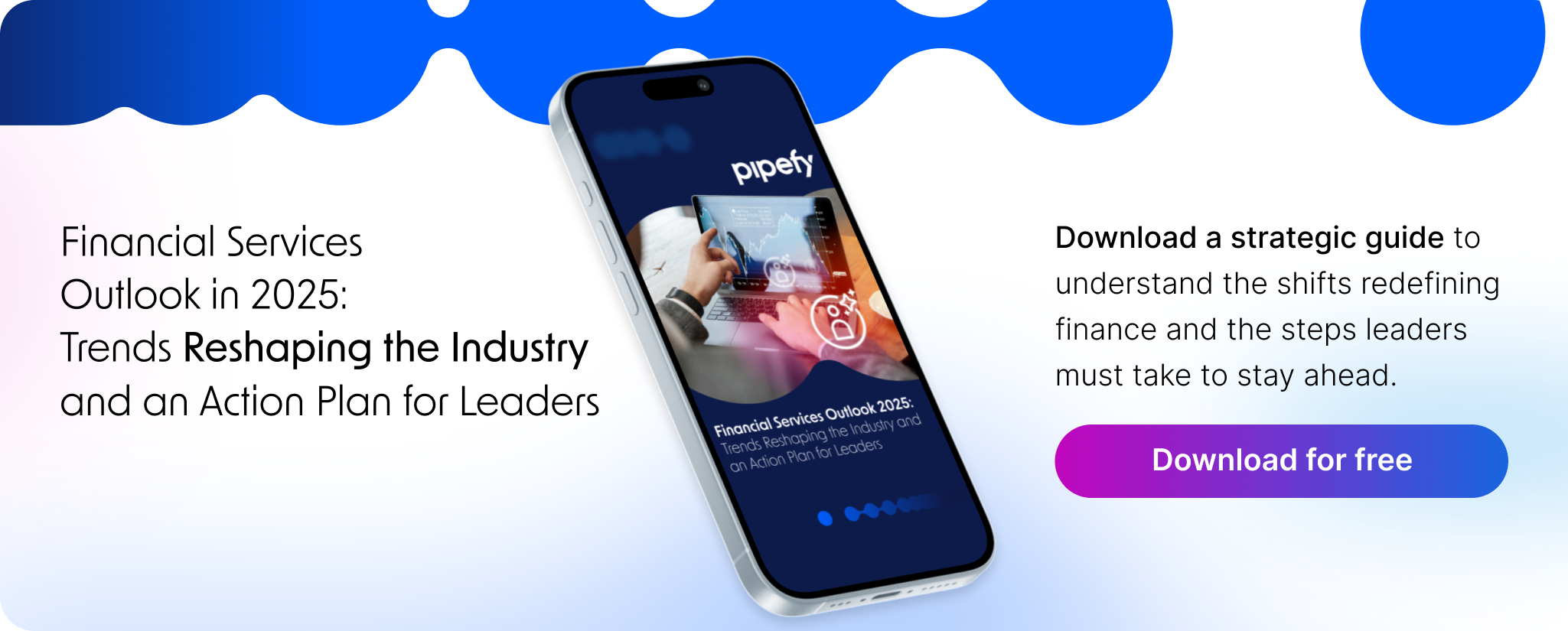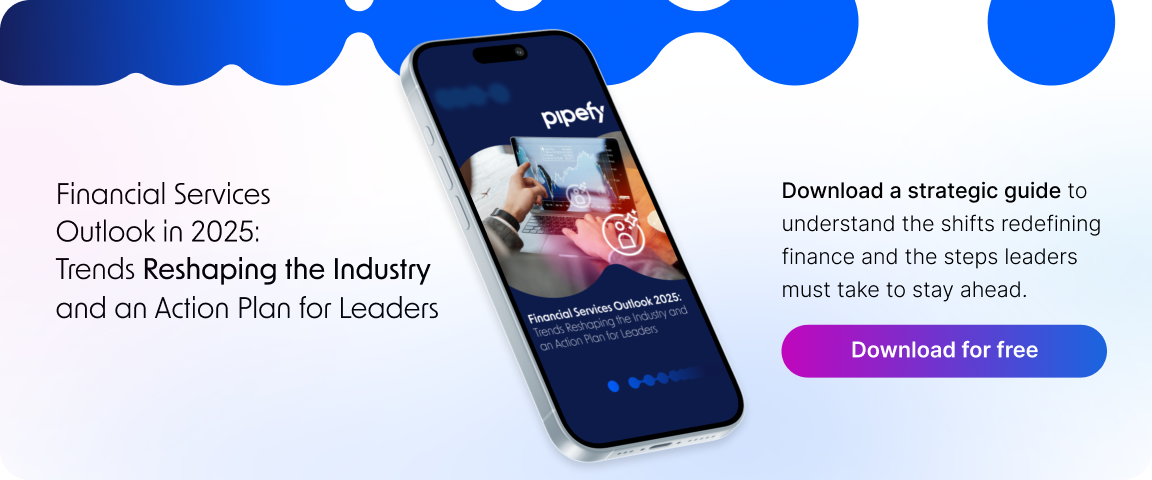ARTICLE SUMMARY
I'm pretty sure you think you know what a process is - as do many people - but we're overcomplicating a simple concept. Read this article and know why!

Yes, you’ve read it right. I’m pretty sure you think you know what a process is, as did I, as do many people when, in fact, we’re overcomplicating a simple concept. To begin with, let’s take a look at the simple definition of process, according to the Merriam Webster dictionary:
- A series of actions that produce something or that lead to a particular result;
- A series of changes that happen naturally.
Let’s stick to the first part of that definition, ok? We’ve talked about all sorts of other concepts related to processes – process mapping, automation, bottlenecks, improvements, etc. – but we’ve never actually stopped to think about what a process actually is.
Many people make the mistake of thinking processes are exclusive to big corporations and that small companies don’t actually have processes but, wait a second…even if we’re talking about a “one man band”, can’t you think of at least one or two series of actions that lead to a particular result on your everyday working routine? That’s what I thought!
Concept of Process
I’m not a big fan of concepts – they tend to overcomplicate things (exactly what I told right at the beginning people do when they think about processes) – but, in this case, I chose to explore one of the most common concepts out there to point out exactly why people tend to look at it the wrong angle.
According to the Business Dictionary, a process is:
Sequence of interdependent and linked procedures which, at every stage, consume one or more resources […] to convert inputs (data, material, parts, etc.) into outputs. These outputs then serve as inputs for the next stage until a known goal or end result is reached.
See what I mean about complicating things? What do all those words mean? They mean that a process is a series of actions that demand resources (people, information, money, etc.) to convert something that got in into something else. This goes on until the ultimate goal is reached, much simpler, right?
In other words, a process is a series of steps and decisions one or more individuals make in order to complete work. We don’t realize it, but processes are everywhere, they’re happening all the time, around us in many aspects of our work and even our personal life. Here are a few examples of situations that process (and you didn’t notice):
- Placing an order at a restaurant (and having it prepared);
- Developing a budget (and analysing its results);
- Triaging a patient at an emergency room (according to urgency level, for example);
- Changing oil in your car;
- Transporting luggage in and out of an aircraft;
- And many, many others…
Let’s look at a cliché example: pizza! Everybody loves pizza, right? (c’mon, you can be on a diet and currently prohibited from eating this cheesy deliciousness, it doesn’t mean you don’t love it – it just means you can’t have it – trust me, I know the feeling).
Now I’ve made everyone as hungry as I am, let’s go back to thinking about processes, ok? Ok! What happens when you call your favorite pizza place to order all that cheesy wonderfulness? A process is set in place, of course? You’re doubting me right, I’ll make my point then!
- 1st phase: Your order is taken on the phone and input into the system;
- 2nd phase: The kitchen takes your order from the system;
- 3rd phase: The ingredients for your pizza are carefully set aside by the kitchen staff;
- 4th phase: The pizzaiolo tosses the dough and adds the carefully separated topping ingredients;
- 5th phase: Your pizza goes into the oven;
- 6th phase: Your order goes out to be delivered and is checked out of the system;
Awesome, right? Making pizza is just one of the many actions you coexist with and don’t even think of as a process. Let’s think about the small company you keep saying is too small to have processes, shall we?
Can’t you think of any regular “series of actions that produce something or that lead to a particular result” whatsoever? Well, you must work in the mayhem of an office if no one knows how things work and how to do anything…Ok, I’m being dramatic, but I’m trying to prove a point here. No company is too small to have processes, you can even have processes in your personal life (most people do without even noticing it), that’s what makes Pipefy such an awesome tool to use.
It allows you to organize and standardize any process, from a simple one such as making pizza to a more complex such as software development. You can explore the available process templates, specially developed to help you save your time when managing your own processes – they give you a base to create your processes – or create your very own processes from scratch.
The most awesome thing about Pipefy is that you have total flexibility to edit everything about the pre-existing process templates – you can adapt them to your needs, add, edit or delete phases and fields, write instructions to make sure your colleagues understand what needs to be done – it’s exactly what you were looking for to make sure mistakes are no longer a problem.
Don’t lose any more time, start using Pipefy right now!










